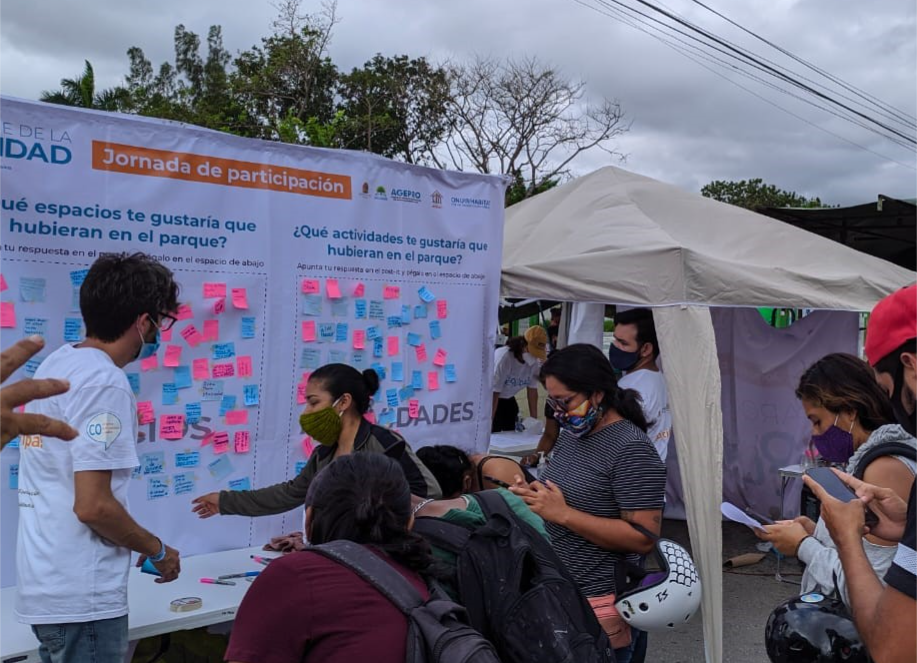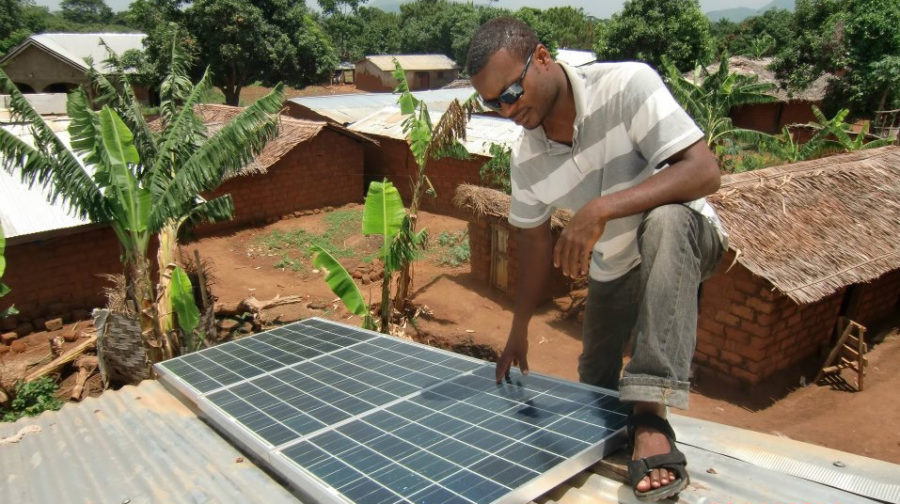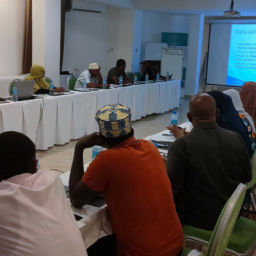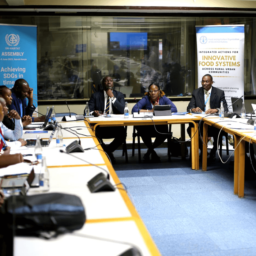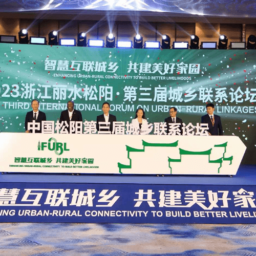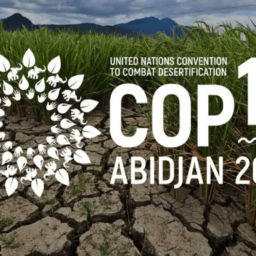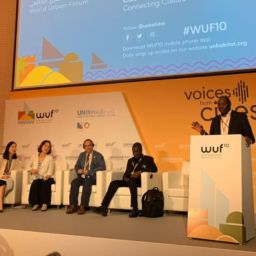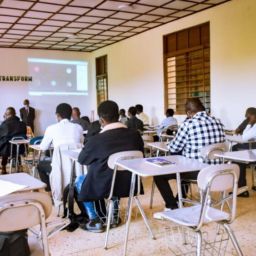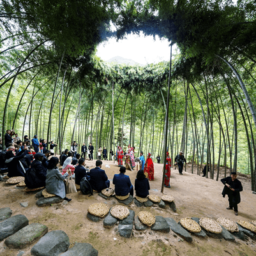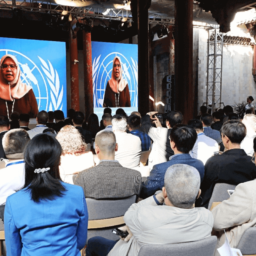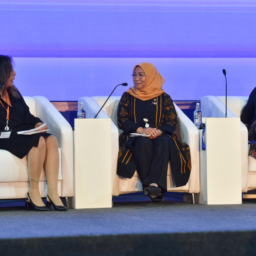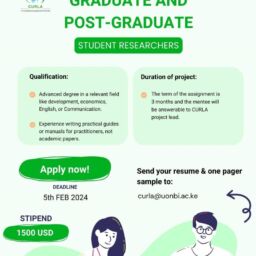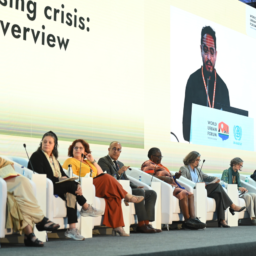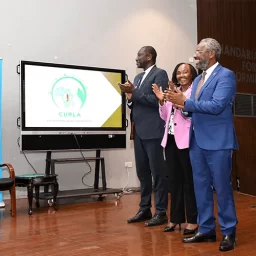From a global perspective Urban Renewal and Rural Revitalization
Dr. Remy Sietchiping, the Chief of Policy, Legislation and Governance Section, Urban Practices Branch, UN-HABITAT.
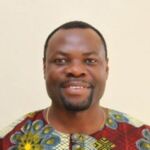
Could you elaborate on what urban regeneration and rural revitalization mean on a global scale?
Additionally, is this approach critical for advancing the Sustainable Development Goals (SDG) from the perspective of UN-Habitat?
We believe that territorial transformation is inevitable regardless of urban, peri-urban or rural sections. In urban settings, regeneration is often used to refer to the spatial redevelopment to improve their physical, economic, and social functions. Through the renovation process, one can witness operations such as repurposing or upgrading of infrastructure, services, valorization of natural and cultural heritage, enhancing or reclaiming public spaces, and vitalizing economic activities etc. Urban regeneration also has the potential to bring back underutilized assets and redistribute opportunities, stimulting urban prosperity and improving of life.
When urban regeneration is included in the urban planning toolkit and process, it can indeed promote socio-spatial city-wide inclusion and sustainability. At UN-Habitat, we encourage urban regeneration that ensures affordability, access to basic services and involvement of residents to promote local economic development, where public space is a key element of interventions, and cities reduce environmental impact and GHG emissions. It is recognized as one of the most comprehensive and effective processes that governments can apply to promote more resilient and safe urban areas. An example of urban regeneration is the High Line in New York City, where an abandoned elevated railway was transformed into a vibrant linear park, spurring economic development and revitalizing surrounding neighborhoods.
In your view, what are the crucial elements or key points that should be emphasized when practicing urban regeneration and rural revitalization?
Given UN-Habitat’s focus on localizing SDGs worldwide, are there specific practices for urban regeneration and rural revitalization that you would like to highlight based on your extensive experience?
Considering China’s unique context, what suggestions or recommendations do you have for effective urban regeneration and rural revitalization strategies in the Chinese context? How does UN-Habitat envision engaging in the knowledge exchange of urban regeneration and rural revitalization through our journal? Are there specific approaches or initiatives that UN-Habitat plans to implement to facilitate this exchange of valuable insights?
(Q&A Session Contributed by Li Fengqing, Vice President of Shanghai Institute of Urban Renewal and Sustainable Development, Shanghai University and Deputy Editor-in-Chief of this Journal)
Source: Shanghai University




